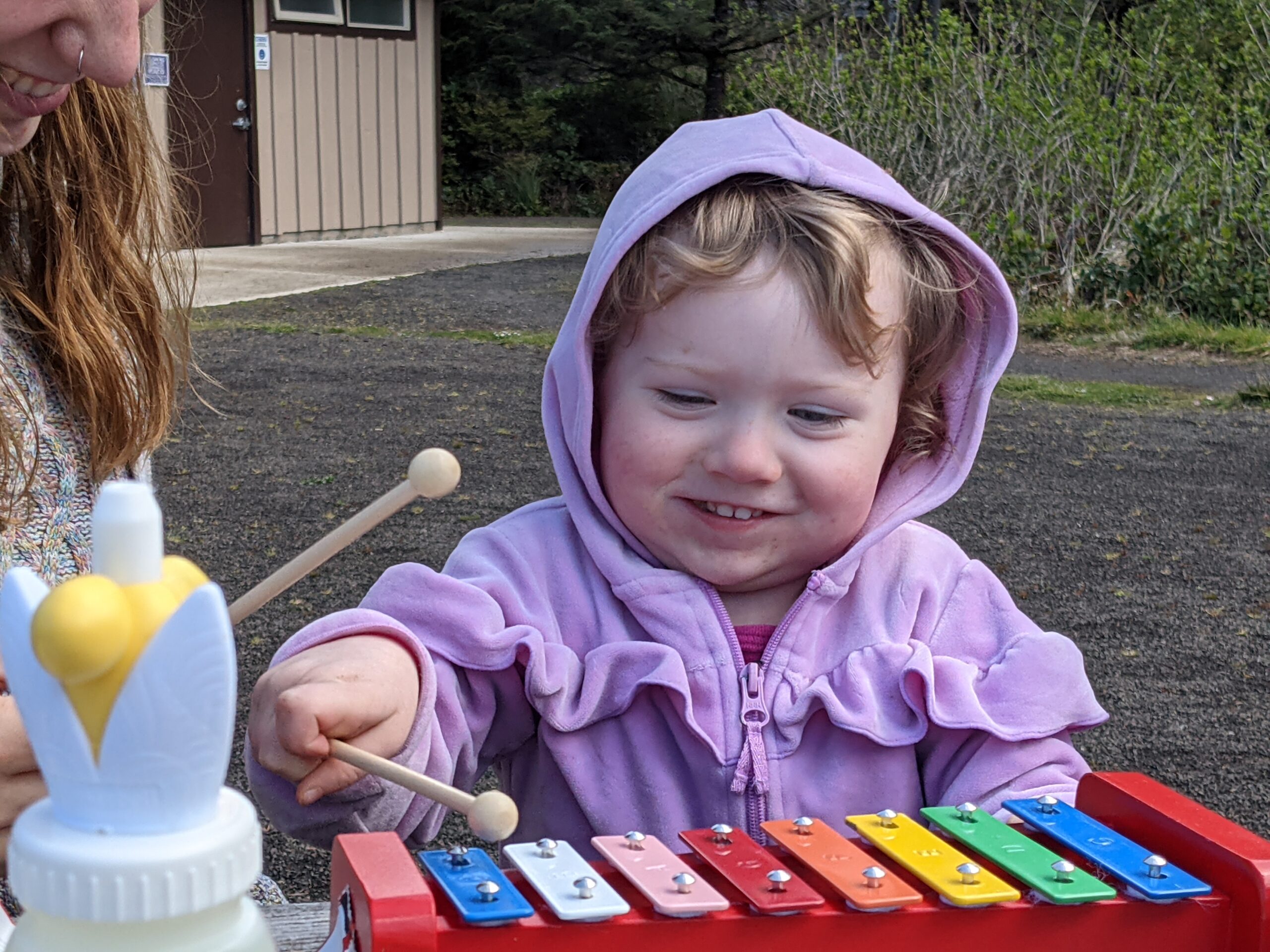
It has been said by many that a busy mind is a happy mind. Another variation is that a busy mind is a healthy mind. But what does “busy” honestly mean in those contexts? Look around to find that almost every parent deals with packed schedules, running from appointments to work to the store to events–barely finding time to rest. Those same parents would likely laugh at the idea that their busy lifestyle offers them better health or happiness! Truthfully, the sayings would ring clearer if busy was replaced by the word balanced. Thanks to technological advancement and social innovations, it has become all too easy to confuse instant gratification with lasting joy. The concept of keeping busy has, rather than fulfilling us, now been mistaken for chronically overextending ourselves. This article will explore how to seek balance rather than “busy,” as well as what elements in a daily routine can be tweaked to increase the well-being of every member of the household.
Even the Standards
It is a pretty safe bet that you have lost count of how many times your kid has screamed, “That’s not fair!” at you over the years. Being a parent means setting and enforcing boundaries that grow little ones into responsible adults–sometimes resulting in an ugly battle. Sadly, some parents can focus so intently on their kids’ progress that they lose sight of their own responsibilities. They guide their kids to the path yet deviate from taking it themselves! Setting a good example for our children begins with the standards we set for ourselves. Do your best never to confuse healthy life choices with punishment. If you are limiting screen time for the children, follow suit by limiting it for yourself. No one responds well within an atmosphere of imbalance and hypocrisy. Choosing or adjusting to healthier habits can be challenging enough, but imagine a fitness coach who lounged on a couch with Cheetos and pop tarts, demanding endless pushups. There is a high likelihood you would become resentful towards your fitness goals! Even though beneficial and valuable, these goals would have a negative connotation. The process would make you feel slighted, bitter, and misunderstood. A key factor in effective guidance is leading by example while offering encouragement. Gerber offers 10 building blocks in which we can start leading by example as parents and setting proper boundaries. Positive choices such as limiting processed foods, regular exercise, or even just brushing your teeth twice a day all work smoother when the whole family puts the effort in together. By making minimal exceptions to the rules, kids easily assimilate healthy standards with much less tension.
Tailored or Shared Hobbies
One of the best parts of human nature is individuality and all the quirks that come with it! We live in a diverse world brimming with ways to be unique. Psychology Today came up with 6 important reasons to prioritize hobbies, one of which is that many make new connections and find a groove with like-minded people along their journey. Do not worry that searching for a hobby has to be expensive or frustrating! In fact, engaging in hobbies has been found to develop self-esteem and expression, broaden understanding, and build and sharpen skills such as decision-making and problem-solving. Because there are a million or more options, hobbies can range from dragon boat racing to splatter painting, from creative writing to upcycling. If you have not recently done so, take a hard look at how each house member is indulging in their personal interests. Group activities like backyard bonfires create ample opportunity for bonding and can also be customized to include tailored activities. Is a member of your family interested in grilling? Playing an instrument? Puzzles? Kickboxing? All these and many more hobbies can be enjoyed in roughly the same space as others. This availability to other members of your family boosts a sense of security while it encourages the pursuit of personal interests. The next time you feel ready to pump a bunch of effort and money into a big family vacation, consider that visiting Oaks Park or spending a week at the coast are great opportunities but only brief periods of fun that may not carry lasting joy into daily life. Depending on your unique child, investing in a high-quality set of markers or a new rock tumbler may mean infinitely more than a summer trip. As mentioned in the previous tip, take any chance to live by positive example. This means, and I know this will be tough for many of you parents, you will have to make time for yourself! What activities interest you? When can you free up time to focus on those hobbies? By setting time in the schedule to pursue your own interests, your kids and other family members will innately find the space and time to experiment with their own.
Prioritize to Eliminate Time Wasters
The average daily grind can bring many responsibilities that drain energy and offer little in return. Commuting, chores, and required social events can leave us feeling overextended while distracting from other “less important” activities. Busy humans quickly eliminate a luxurious soak in a bubble bath and a home-cooked meal, insisting instead that a ten-minute shower and protein drink will suffice. While that reasoning has the potential to be sound, most will choose to spend the time they saved playing mobile games, binge-watching Netflix, or scrolling social media. Laying in bed at the end of the day and blasting through a bunch of levels in Candy Crush could be gratifying, but truthfully your muscles wished for the soak, and your brain desired something more substantial for dinner. Healthy prioritizing can also be exhibited through communication, such as saying no to events, reaching out for help, and delegating work. It is too common for parents today to think they can do it all alone. While you may be able to, you may cause excess suffering and inefficiency if refusing to utilize those around you. Experiment with routines to see if your family functions better doing individual daily chores or one weekly group cleaning day. Share cooking responsibilities by planning ahead, using crockpots, or signing up for a fresh delivery service if the budget allows. Time wasters are sneaky and love to embed themselves into daily routines, so here is a list of common time wasters with suggestions to avoid them. Remember that every family is unique, so what works for another will not reliably work for you! Do not fall prey to the idea that hobbies, resting, or setting boundaries are signs of weakness. By seeking more balance in your schedule and prioritizing your family’s interests, you create a safe environment for everyone to grow and bloom!

Michelle is a married mother of two toddler girls and a house full of pets. As a homegrown Oregonian, she enjoys spending her time on family adventures throughout the PNW to fuel her creative inspiration! Photography, crochet, freehand mandala designs, hiking, and gardening are a few of her hobbies that are highlighted on Instagram @xenonvogue. Each new day is a chance to be present and involved, so Michelle strives to live honoring the knowledge that this too shall pass.
